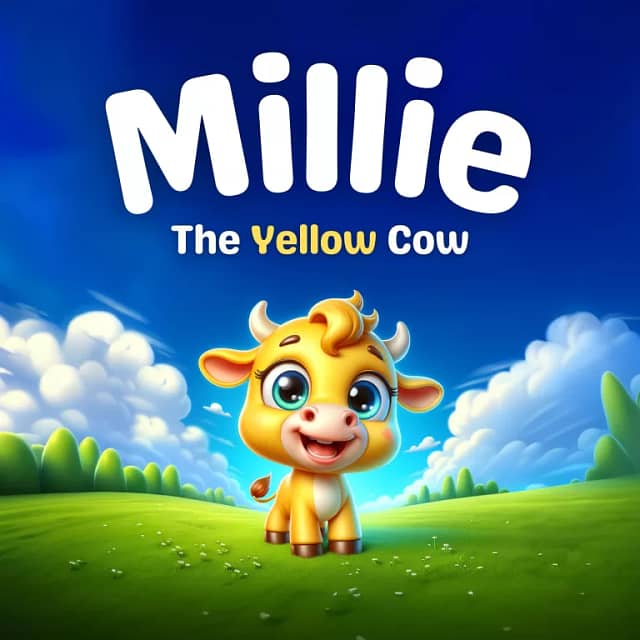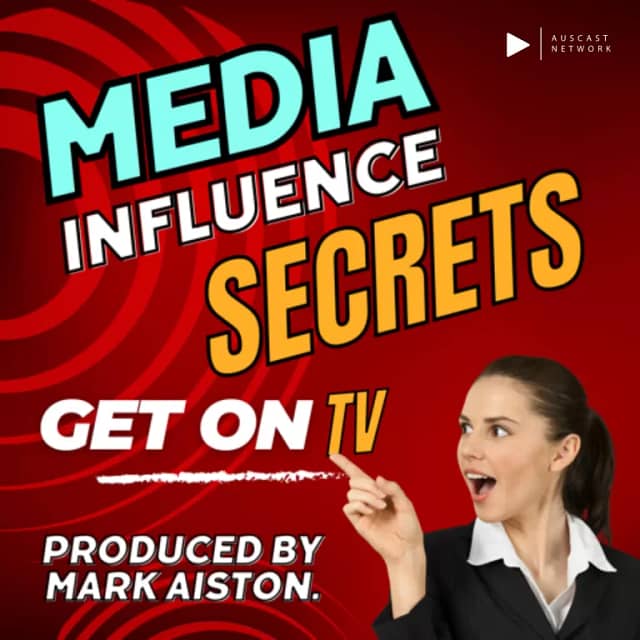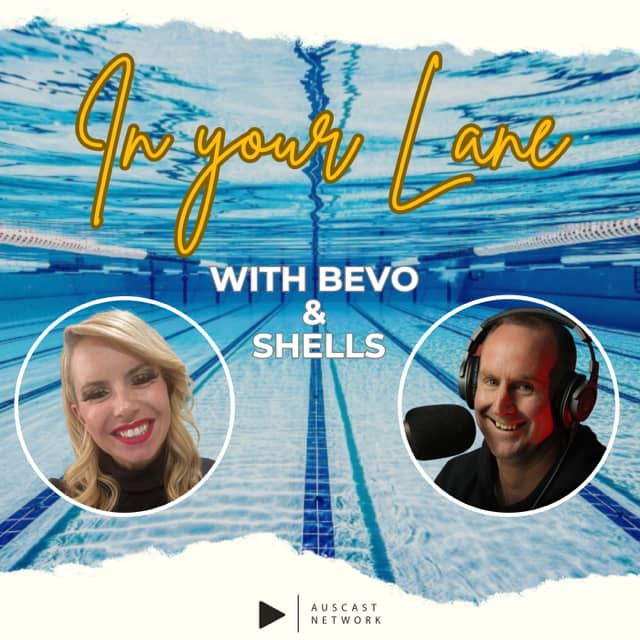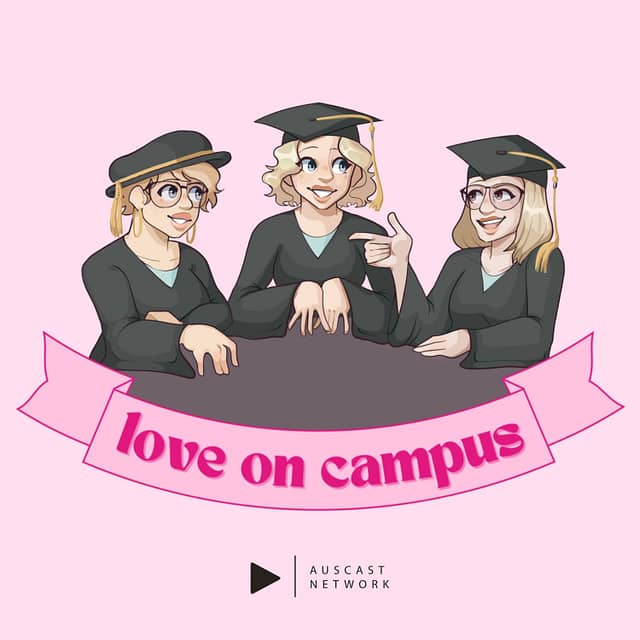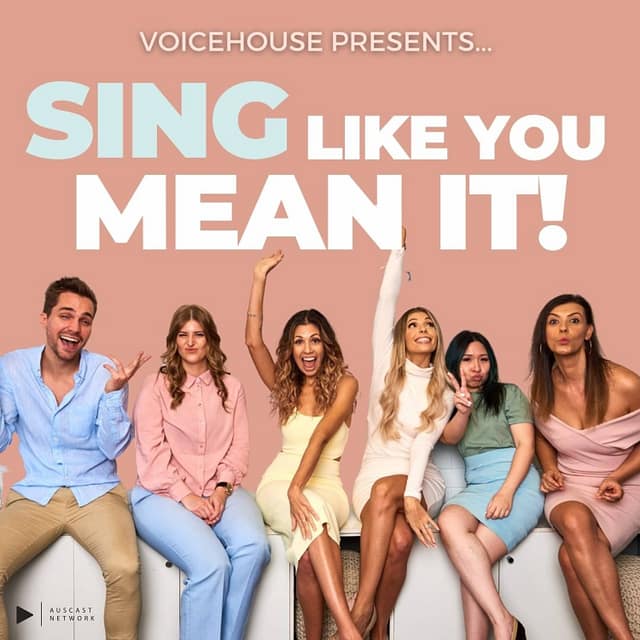International Business Advisor | Defence Strategist | Security Analyst
I was born nearly two months early after my Mum had suffered Rubella during pregnancy. Consequently, my eyes were already in bad shape when they put me in an incubator without patches over my eyes to counter the high oxygen environment (something they would later learn to do differently). The best estimate is that I had around 5% eyesight when my parents took me home from the hospital. Relative to how many things could have gone wrong after this combination of circumstances, I regularly remind myself that I was lucky.
It would be easy to say that I have been defined by my blindness, but, for me, this is neither an acceptable nor accurate perspective. My life has been defined by how I learned and have chosen to
respond to being blind.
As a very little human my parents became concerned that I couldn’t see in daylight and didn’t like bright light. In darkness I would become more active and animated, and vampire jokes were made. One day while I was doing my own thing in my sandpit in the relative shade beneath a grape vine my uncle put his welding mask over my head and, for the first time, I reached up and picked a bunch of grapes. This was a very big event that I don’t remember. From this point onwards my family had a better understanding of what was going on with my eyes and had a foundation from which to work out what could be done to enable me to do more things.
The majority of my early memories involve wearing my very dark sunglasses while doing interesting things with my family on my Grandmother’s farm. I learned that I couldn’t do everything, but that I could be a part of doing most things, and that the most important thing was that I learn to be a good communicator. If I could ask good questions, then I could get the answers I needed to understand what I couldn’t see, and then I could ask for the right assistance to do what I wanted to do. I wasn’t the child who starts by saying Mum or Dad, I was the child who started by saying ‘fully automatic refrigerator.’
At age five I started school at a specialist primary school for the blind. Compared to the time I had spent on my Grandmother’s farm and at a country town kindergarten it was generally boring. At the primary school for the blind I learned how to use a white cane and to navigate safely. This gave me my first ideas of autonomy and confidence, and created the foundations for my life-long commitment to the power of process. Using a white cane is quite simple, but navigating an unfamiliar environment can be daunting. Each decision to take a step with the cane is a small process, and I learned that I can go anywhere if I break the journey down into small processes and incremental iterations.
The primary school for the blind was small, safe, sensitive to student needs, and weirded me out. I couldn’t articulate why this was the case at the time, but later came to understand that I am sceptical of the kinds of closed systems and reductionist structures it has come to represent for me. At some point I discovered the idea of the Potemkin Village, and I decided that I prefer the uncertainty of complex systems and unclear circumstances to fragile and artificial environments, which cannot stand up to pressure or interrogation.
I went to two mainstream high schools, both of which tested my willingness and capacity to deal with complexity and uncertainty, and I thrived in these larger and more stimulating environments. I will forever be grateful to my high school teachers, so many of whom believed in me, because they helped me learn to believe in myself. Being the only blind student at two high schools was not always easy, but it taught me that differences between people are generally smaller than we think. Being blind made me different to the teenagers around me, but being a teenager who liked music, science-fiction, and comedy meant that there were lots of different ways to bridge the gaps between me and other people. It’s amazing how many things people have in common once they stop focusing on what makes them obviously different from each other.
The self-belief I developed at high school gave me the confidence to have a go at university, where I discovered that my brain will rise to whatever challenge I set it, as long as I stick to a structured mode of learning. My undergraduate transcript is full of Music Theory and Composition, Musicology, History, and Political Science courses, demonstrating my love for learning and lack of a clear
direction. I loved the fact that university encouraged me to keep on learning, but as time passed I became strongly motivated to apply what I had learned at university outside in the wider world.
When I started teaching at university I tried to encourage my students to have a love of learning as well as empowering them to use what they had learned to improve the world.
While I was at university I played a lot of guitar, and even more violin, which resulted in my right wrist (my white cane hand) frequently being in significant pain. Sadly, this resulted in me giving up playing music in 2002. After this I still enjoyed listening to music, but put most of my energy into becoming the best university teacher I could be.
In 2014 two of the most significant events of my life occurred within two weeks of each other: I got married and started practicing Ashtanga Yoga. These two events have done more to consolidate and expand my personal sense of flourishing than I know how to express in a limited number of words. I am a mellower and happier person now than I ever thought I could be.
In December 2018 Tim Whiffen and I started recording the Blind Insights podcast, from which I derive great satisfaction and joy. We have met some amazing people through the podcast and a
community is growing up around it. In podcasting I have found my perfect medium for encouraging curiosity, empowerment, and conviviality.
In October 2020 I returned to playing guitar after a nearly twenty year hiatus. I am enjoying playing just for fun, which is a new and novel experience. My brand-new Paul Reed Smith sounds as good as my 90s handmade instrument, and I am a lot kinder about my playing and toward my guitar than I used to be.
